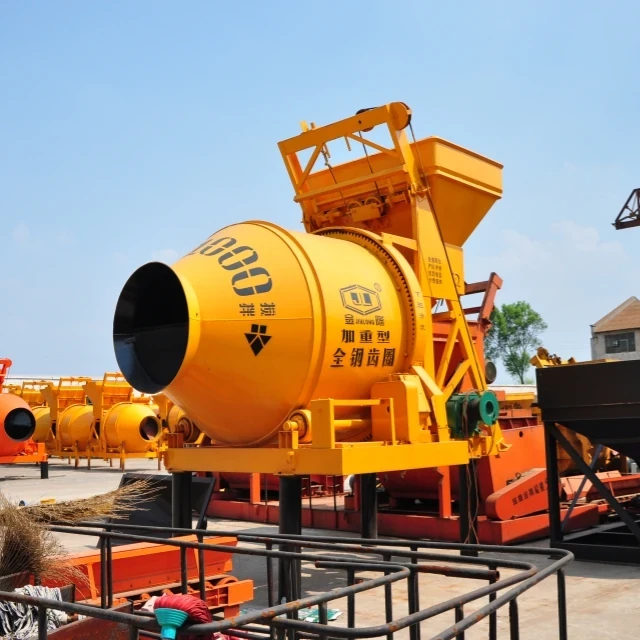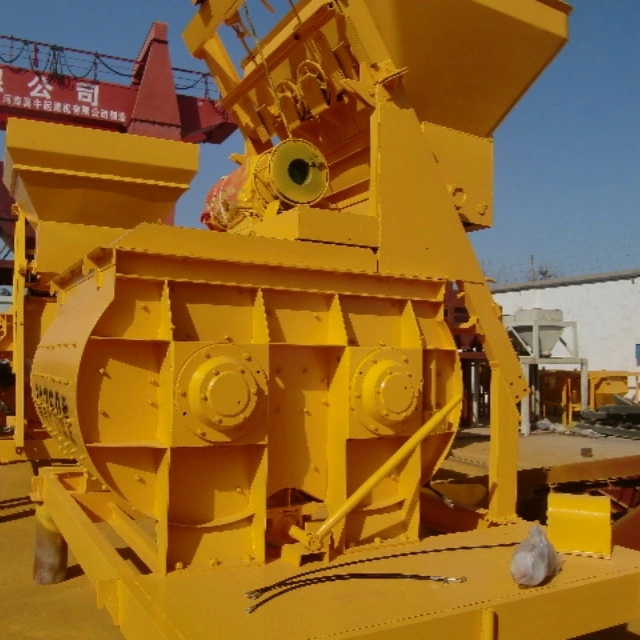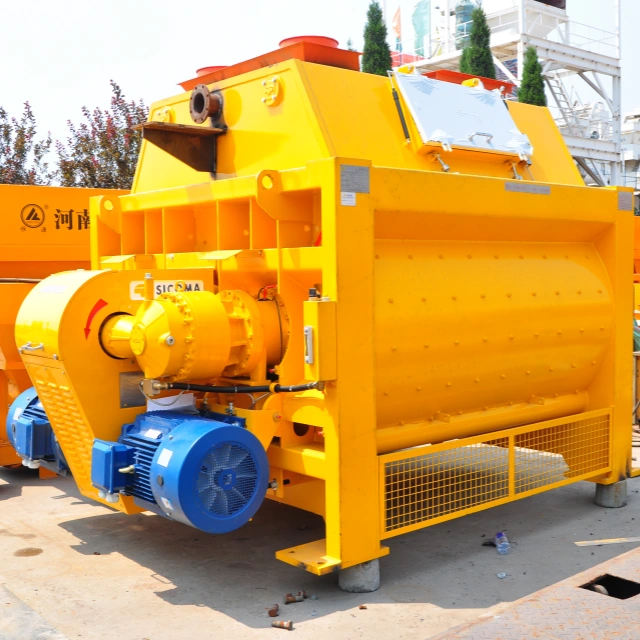Introduction
Winter poses unique challenges for concrete production, particularly in water systems where freezing temperatures can halt operations and cause costly damage. This guide delivers a field-tested winter maintenance strategy—covering hydraulic component dynamics, inspection protocols, and antifreeze solutions—to ensure your plant operates seamlessly through cold months.
Winter Challenges in Concrete Production Water Systems
Thermal Dynamics of Hydraulic Components
Water systems in concrete plants face two primary cold-weather threats: ice formation in pipelines and viscosity changes in hydraulic fluids. When water freezes:
- Expansion inside pipes risks cracks or bursts.
- Pump cavitation increases due to altered fluid density.
Did you know? A 10°F drop can reduce hydraulic efficiency by 15% in uninsulated systems.
Criticality of Flow Direction Control
Maintaining consistent flow prevents stagnation—a key factor in freezing. Best practices include:
- Loop systems: Circular pipelines with continuous circulation.
- Drainage slopes: 2° minimum incline to empty residual water.
Comprehensive Inspection Protocol
Electromechanical Unit Maintenance
- Pump Stations:
- Check seals and bearings for wear.
- Verify heating elements (if installed) function at -20°F.
- Valves:
- Lubricate stems to prevent seizing.
- Replace diaphragms in solenoid valves.
Pipeline Network Integrity Verification
- Pressure testing: Detect micro-cracks with 1.5x operational PSI.
- Insulation audit: Use thermal imaging to identify heat-loss zones.
Pro Tip: Tag high-risk components (e.g., elbow joints) for weekly inspections.
Preventive Maintenance Strategy
Antifreeze Technical Solutions
| Solution | Pros | Cons |
|---|---|---|
| Propylene glycol | Non-toxic, biodegradable | Higher viscosity |
| Ethanol blends | Cost-effective | Flammable |
Application notes:
- Dilute glycol to 40% concentration for -30°F protection.
- Avoid chlorides to prevent corrosion.
Emergency Response Mechanisms
- Thawing protocols:
- Use steam jackets (not open flames) for frozen pipes.
- Backup power:
- Ensure generators support critical pumps during outages.
Conclusion: Minimize Downtime, Maximize Reliability
Winterizing your concrete plant’s water systems isn’t optional—it’s a productivity safeguard. By:
- Prioritizing flow continuity and insulation.
- Implementing rigorous pre-winter inspections.
- Selecting antifreeze tailored to your climate.
Final thought: Could a single frozen valve cost you more than a seasonal maintenance budget?
For equipment built to endure harsh conditions, explore Garlway’s robust winches and construction machinery designed for reliability.
Related Products
- Ready Mixer Machine for Construction Ready Mix Machinery
- Commercial Construction Mixer Machine for Soil Cement Mixing Concrete
Related Articles
- How to Prevent Concrete Strength Loss from Improper Water Addition
- How to Master Concrete Mixer Operation: Training, Certification, and Safety Protocols
- How to Choose Concrete Mixers for Long-Term Reliability and Cost Savings
- How to Maintain Hydraulic Systems in Concrete Mixers: A Safety-Focused Guide
- How to Prevent Concrete Setting Failures: Science-Backed Material and Environmental Solutions




